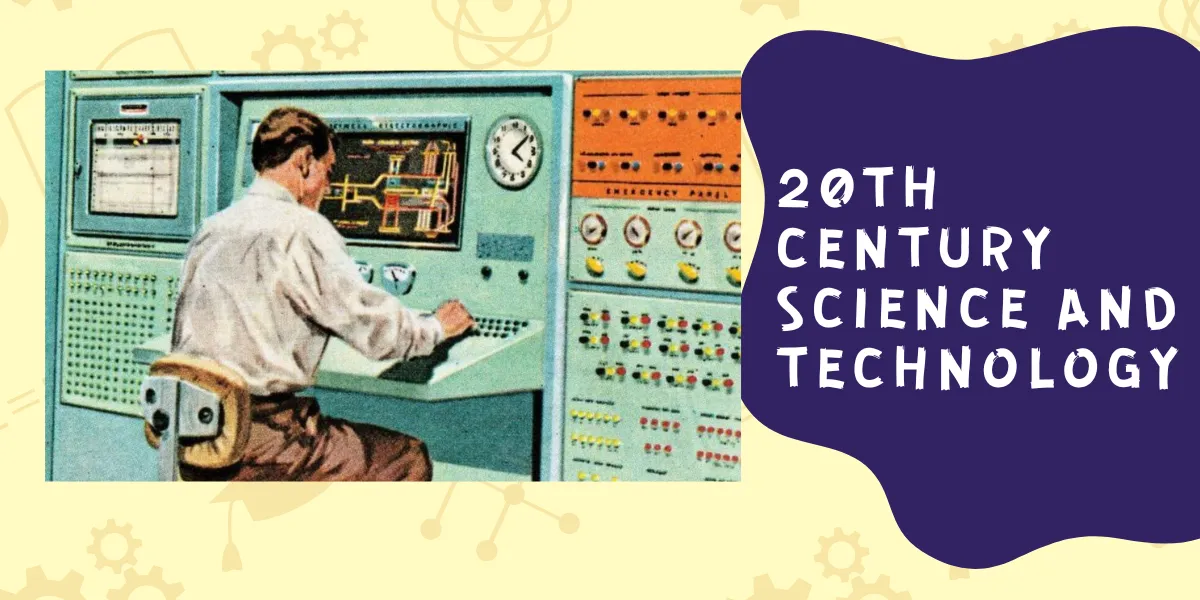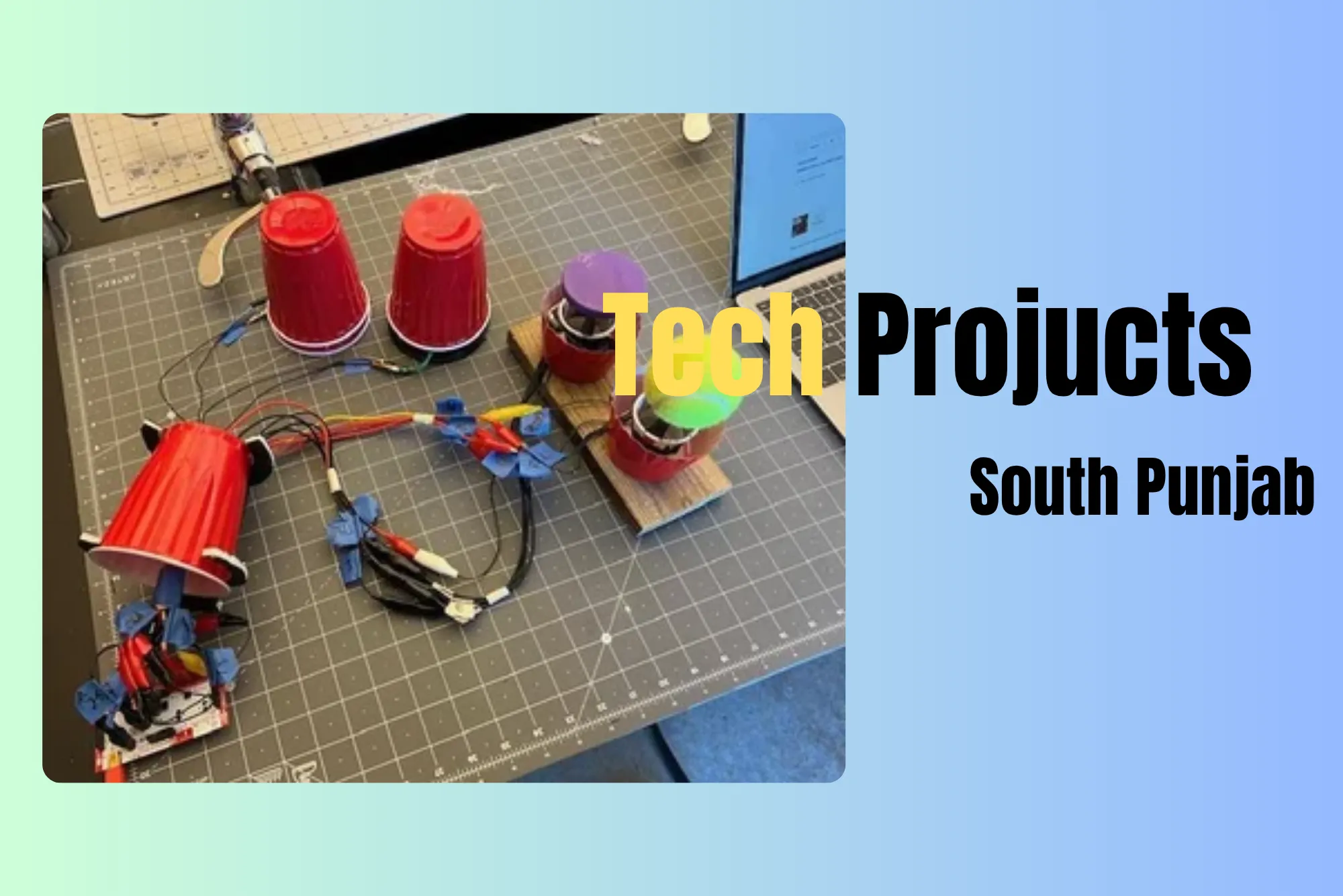Exploring the Transformative Landscape of 20th Century Science And Technology
The 20th century was a period of profound advancements in science and technology, marking an era of unparalleled innovation and discovery. This century paved the way for unprecedented progress across various scientific disciplines, from the revolutionary theories of relativity and quantum mechanics to groundbreaking inventions like the computer and the Internet. This article delves into the transformative landscape of 20th-century science and technology, highlighting key breakthroughs and their enduring impact on our modern world.
Quantum Mechanics: Unlocking the Microscopic Realm
Quantum mechanics, formulated in the early 20th century, revolutionized our understanding of the microscopic world. Pioneered by physicists such as Max Planck, Albert Einstein, and Niels Bohr, this field introduced the concept of quantization and wave-particle duality. Quantum mechanics laid the foundation for modern physics, enabling the development of technologies like lasers, transistors, and atomic clocks, which are now integral to numerous scientific and practical applications.
Relativity Theory: A New Understanding of Space and Time
Albert Einstein’s theory of relativity, introduced in the early 20th century, transformed our understanding of space, time, and gravity. The theory of special relativity challenged conventional notions of space and time, while general relativity provided a comprehensive framework for understanding gravity as the curvature of spacetime. These theories have had far-reaching consequences, from developing nuclear energy to validating GPS technology.

Atomic Theory: Unveiling the Building Blocks of Matter
The advent of atomic theory during the early 20th century laid the groundwork for modern chemistry and physics. Scientists such as Ernest Rutherford and Niels Bohr elucidated the structure of the atom and the behavior of its constituent particles. This understanding paved the way for the development of nuclear power and advancements in medical imaging, materials science, and the exploration of subatomic particles.
Information Theory: The Birth of the Digital Age
The concept of information theory, pioneered by Claude Shannon in the mid-20th century, revolutionized the field of telecommunications and laid the groundwork for the digital age. Shannon’s work on coding and data compression enabled the efficient transmission and storage of information, leading to the development of computers, digital communication networks, and the Internet, which have become indispensable aspects of our modern lives.
Medical Breakthroughs: Enhancing Health and Longevity
The 20th century witnessed remarkable medical science and technology advancements, leading to improved healthcare and increased life expectancy. 20th Century Science And Technology Milestones such as the discovery of antibiotics, the development of vaccines, and the advent of medical imaging techniques like X-rays and MRI have revolutionized disease diagnosis, treatment, and prevention. Additionally, mapping the human genome opened new frontiers in personalized medicine and genetic research.
Space Exploration: Reaching for the Stars
Extraordinary achievements in space exploration marked the 20th century. From the first human-made satellite, Sputnik, to the iconic Apollo moon landings, these milestones expanded our understanding of the universe and propelled technological advancements on Earth. Space exploration also led to the development of satellite communication, weather forecasting, and global positioning systems (GPS), transforming various aspects of our daily lives.
The 20th century witnessed an extraordinary surge in scientific and technological advancements that continue to shape our world today. From the fundamental theories of relativity and quantum mechanics to the transformative fields of information theory and medical breakthroughs, the progress made during this century laid the foundation for our technological landscape.





